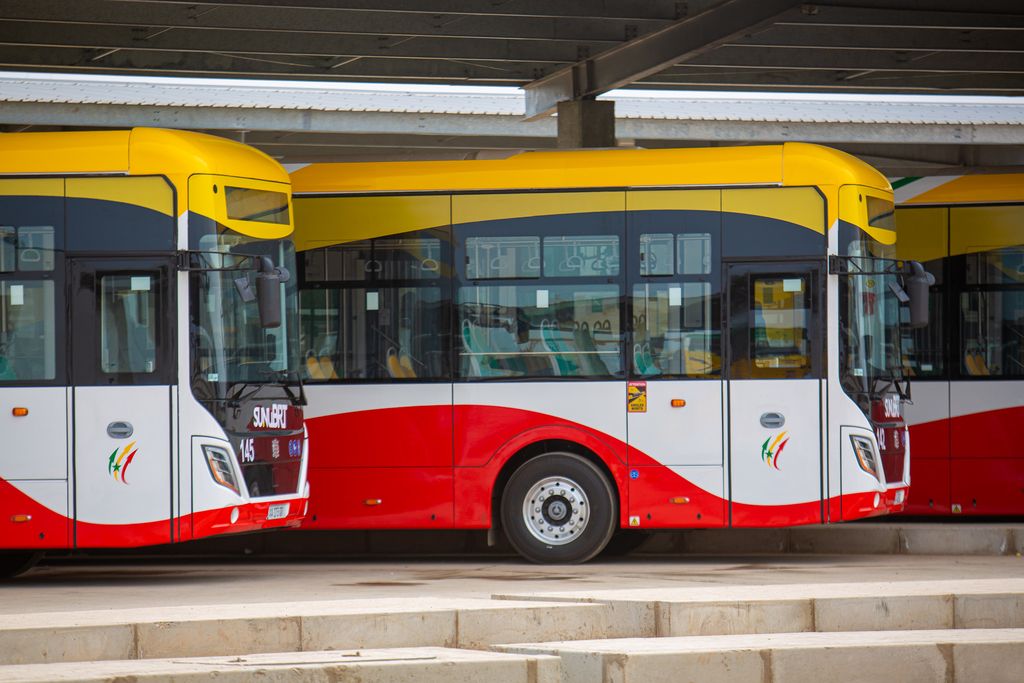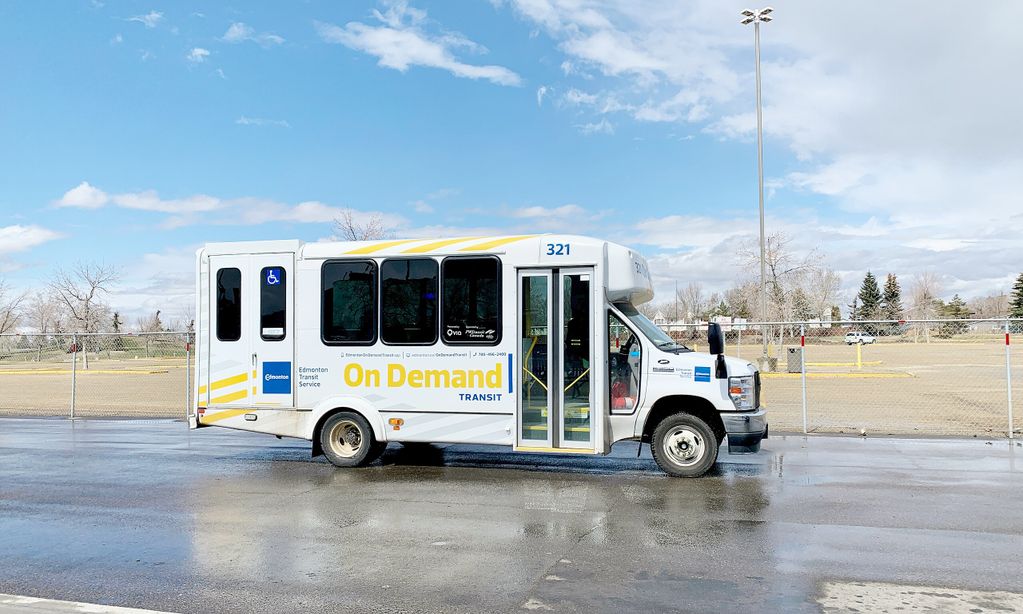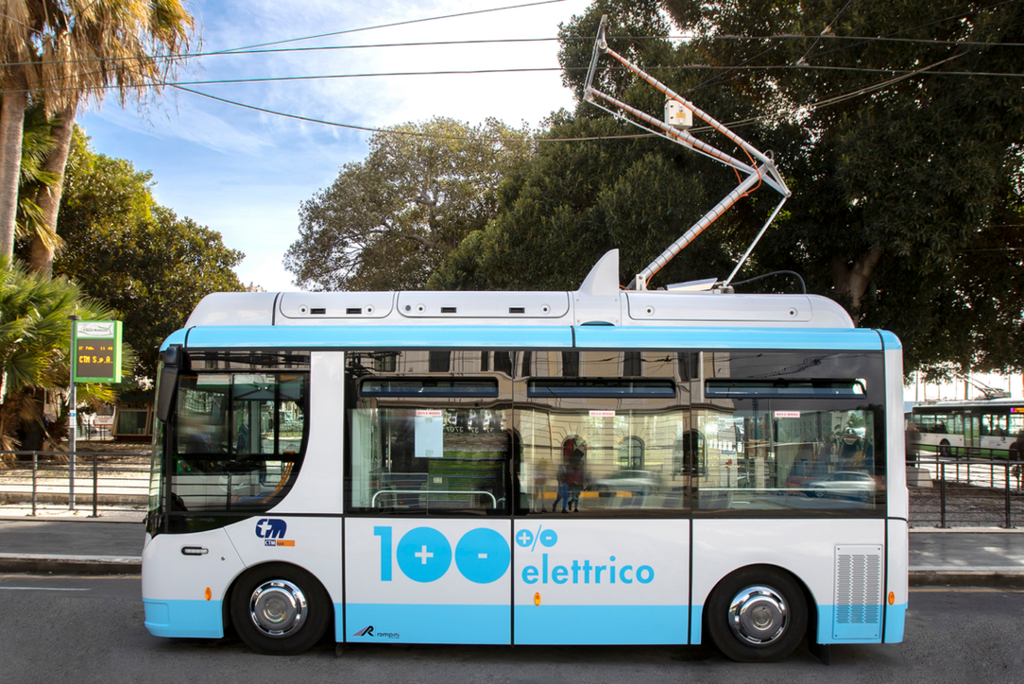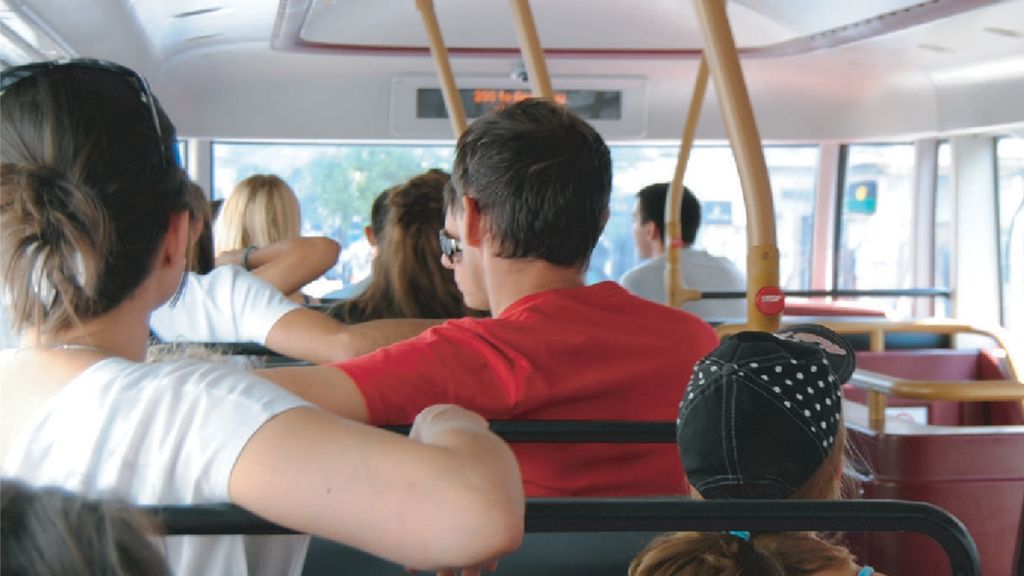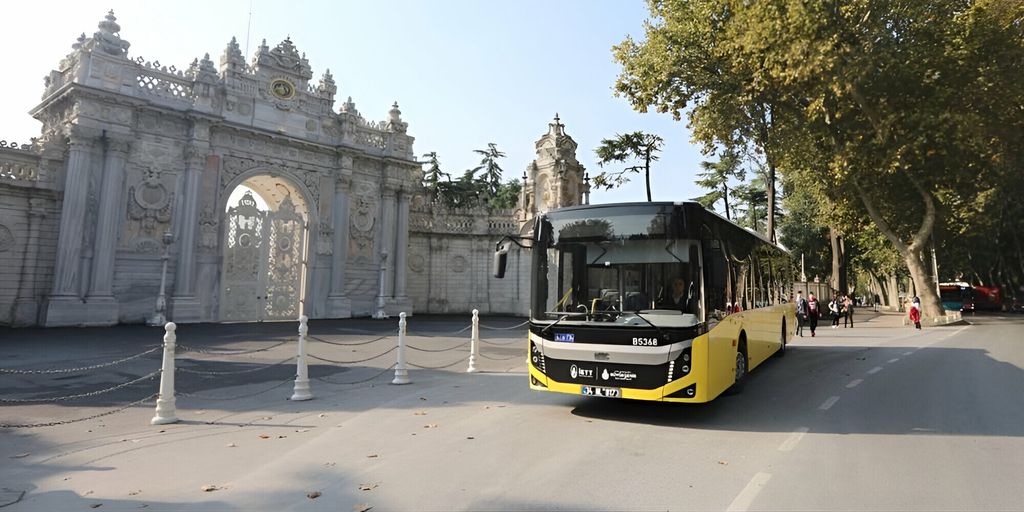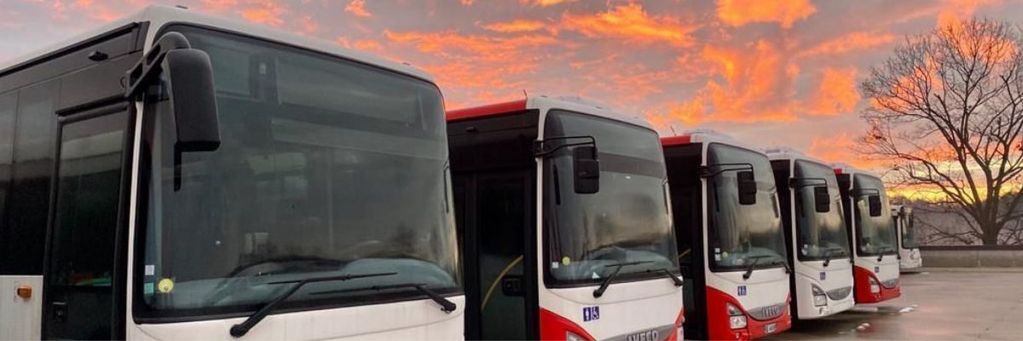
UITP and the European Investment Bank study the secondhand city bus market in Europe
Shining a spotlight on Europe’s used buses
In a global effort to reduce our impact on the environment, the public transport sector is continuously looking at how to reduce its carbon footprint.
In Europe, strict requirements on local emission reductions, extensive environmental regulations and higher expectations on passenger comfort have led to bus operators demanding newer models and clean emission vehicles in fleet renewal schemes.
With 200,000 city buses in operation today, 15,000 are removed from operation each year, and the majority are replaced with brand new buses.
So, what happens to ageing buses that still have some operational life in them? In our bid to improve air quality, what are we doing with buses that no longer meet our environmental expectations?
UITP and The European Investment Bank (EIB) set out to answer this question and shed some light on the secondhand city bus market in Europe. Through various interviews with UITP members and other stakeholders, we investigated the current situation, from the flow of trade to key factors influencing market value. We then identified factors hampering a viable secondhand market in Europe and recommendations.
All of this has been summarised in our recent Knowledge Brief ‘A study on the secondhand city bus market in Europe’.
A topic gaining prominence
The secondhand bus market makes up between 10-20% of the market in Europe.
Despite this small margin, the topic is gaining prominence for several reasons. Firstly, initiatives from the European Commission to reduce carbon emissions and support cities in clean bus deployment mean that more and more cities are likely to choose new energy-efficient models. Secondly, this causing a shift in mentality towards longer lifecycle options. Electric mobility is the future, and cities are less willing to invest in older diesel models. It is expected that these buses will be pushed out of first operation into the secondhand market way before the end of their 15–20-year lifespan.
The secondhand market varies across Europe because of a landscape of decentralised national regulations, operator needs and customer expectations. Factors such as local technical specifications and legal, political and environmental restrictions hamper what could be a dynamic and thriving market for secondhand vehicles.
Standardisation and common guidelines, at least between regions with similar operator requirements, can help the resale value of secondhand buses in the future. Less administerial, taxation and legal hindrances and more information about the market is recommended to boost the understanding and improve the reuse of buses.
At UITP, we believe that a more transparent secondhand bus market can lead to both economic, social and environmental benefits. Secondhand buses can be used as a means of helping less affluent cities to improve both their service quality and environmental performance, especially when bridging the gap between moving to electric mobility.
Clean Bus Europe Platform
The Clean Bus Europe Platform is a programme under the European Commission’s Clean Bus Deployment Initiative that aims to support the deployment of clean bus technologies across Europe. The Platform brings together European cities, transport authorities and operators, and relevant stakeholders to boost and support the exchange of knowledge and expertise on clean bus deployment. The Clean Bus Europe Platform hosts a ‘Clean Bus Toolkit’, including a Library with materials related to clean bus deployment such as guidelines, publications, and legislative documentation.
The Clean Bus Europe Platform will be presented at the webinar ‘The electric depot. Charging and managing large e-bus fleets’, organised by Sustainable Bus Magazine, on 6 May. More info here!
UITP Academy is launching an online course on Bus Maintenance & Asset Management, starting on 21 July and ending 28 July with LTA Academy Singapore. Learn from key experts in the field and hear best practices from Europe and Asia. Find out more!
Over the last few years, EIB has been actively supporting the transition to zero-emission buses. During this process EIB approached UITP to undertake a study to help answer the question: What happens to the dismissed buses in EIB supported replacement projects? The conclusions of the study will be used to inform EIB’s approach to lending for fleet replacement projects. EIB does not finance secondhand buses and its approach to financing new buses is set out in the recent ‘Climate Bank Roadmap’ document. The Bank is also concerned about the disposal of dismissed buses either through appropriate scrapping or sale to responsible operators through the secondhand market.
2025 Training Calendar




